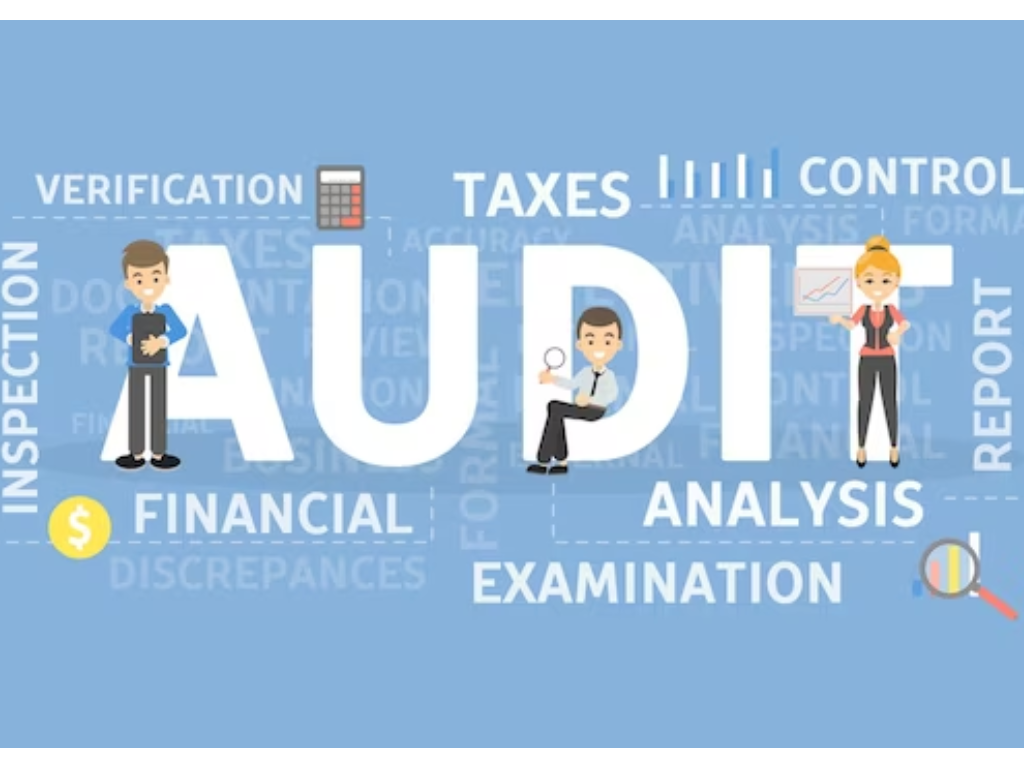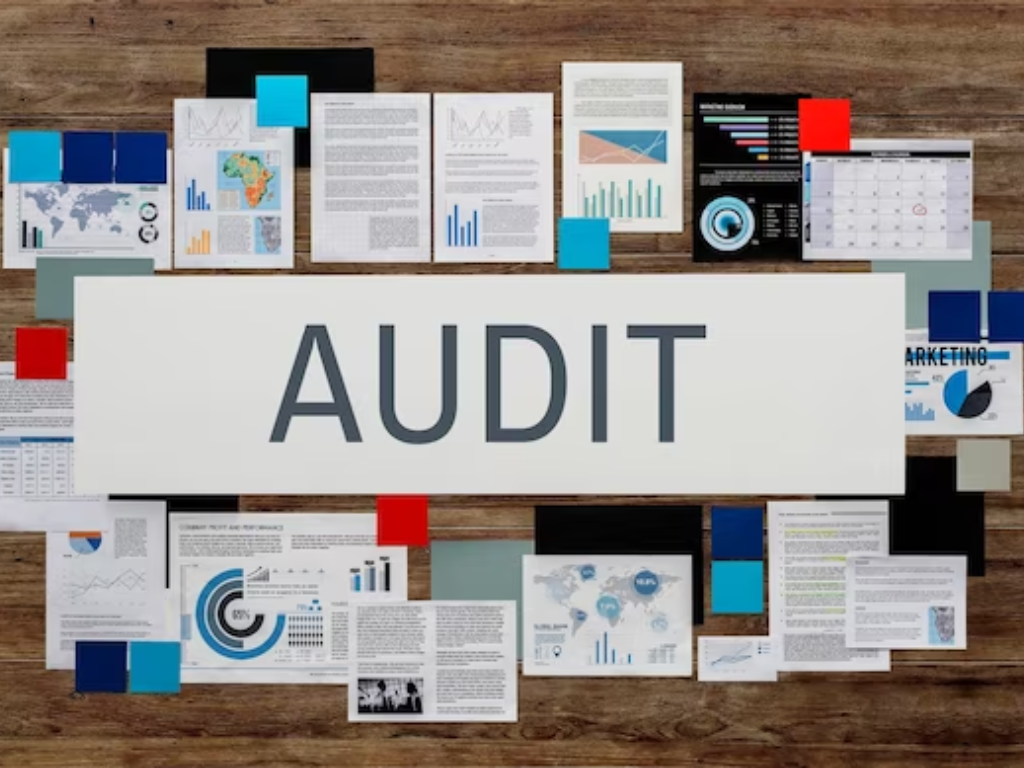Introduction:
A statutory audit is a mandatory process that ensures compliance with legal and regulatory requirements, provides assurance to stakeholders, and enhances financial transparency. Adequate preparation for a statutory audit is crucial to ensure a smooth and successful audit experience. In this blog post, we will discuss essential steps to help you prepare for a statutory audit effectively.
Understand the Audit Requirements:
Begin by familiarizing yourself with the audit requirements specific to your industry and jurisdiction. Review
applicable laws, regulations, and accounting standards to ensure compliance. Understand the scope and objectives of the audit, as well as the timeline and documentation requirements. This understanding will help you gather the necessary information and ensure that your financial statements and records are prepared in accordance with the audit standards.

Organize Financial Records:
Ensure that your financial records are well-organized and up-to-date. Gather and compile all relevant financial documents, such as balance sheets, income statements, cash flow statements, and supporting schedules. Verify the accuracy and completeness of the data to avoid any discrepancies. Properly organizing your financial records will not only facilitate the audit process but also demonstrate your commitment to financial transparency and compliance.
Conduct Internal Audit and Self-Assessment:
Before the statutory audit, consider conducting an internal audit Dubai or self-assessment of your financial
processes and controls. This evaluation will help you identify any weaknesses or gaps in your internal control
systems. Address any issues discovered, implement necessary improvements, and document the actions taken. By proactively addressing internal control deficiencies, you can mitigate risks and ensure a smoother audit process.
Communicate with your Auditors:
Establish open and transparent communication with your auditors. Discuss the audit objectives, expectations, and timelines with the audit team. Seek clarification on any queries you may have regarding the audit process or requirements. Providing your auditors with all relevant information and addressing their questions promptly will foster a cooperative and efficient audit environment. Maintaining open lines of communication will also help build a collaborative relationship with the auditors.

Prepare Audit Documentation:
Compile and prepare the necessary audit documentation in advance. This may include supporting schedules,
reconciliations, contracts, invoices, bank statements, and other relevant documents. Ensure that the
documentation is complete, accurate, and properly organized. Label and index the documents for easy reference during the audit. By providing comprehensive and well-prepared documentation, you demonstrate
professionalism and assist the auditors in their review process.
Perform a Pre-Audit Review:
Conduct a pre-audit review of your financial statements and records. Carefully review the calculations, disclosures, and footnotes to ensure accuracy and compliance with accounting standards. Identify any potential errors or inconsistencies and rectify them before the audit. This step allows you to address any issues proactively and reduces the likelihood of significant adjustments during the audit, saving time and effort for both you and the auditors.
Conclusion:
A successful statutory audit requires thorough preparation and attention to detail. By understanding the audit requirements, organizing financial records, conducting internal audits, communicating with auditors, preparing audit documentation, and performing a pre-audit review, you can ensure a smooth and efficient audit process. Adequate preparation not only facilitates compliance but also reinforces transparency and enhances stakeholder confidence in your organization’s financial reporting.

